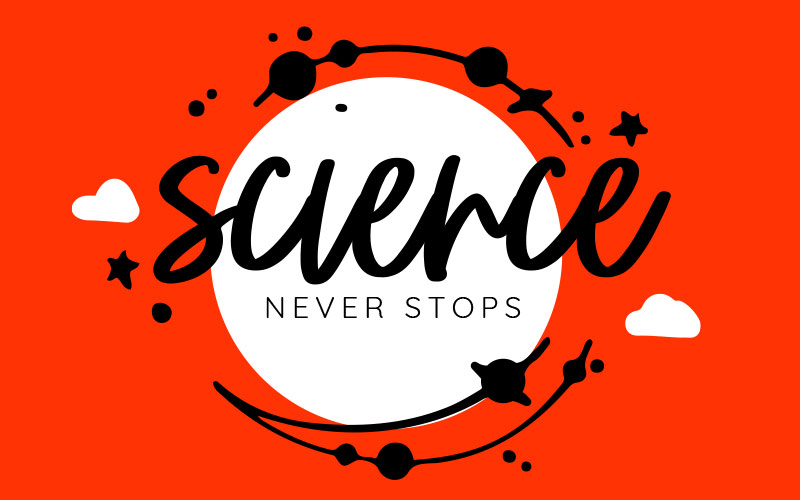
Science Never Stops is a digital collection of short learning segments featuring Rocket Center educators leading hands-on activities, talking with STEM professionals and exploring STEM concepts and ideas. Searchable by science field or grade level, these fun videos are a great addition to a classroom enrichment or a fun family activity. Learn by doing, learn from a professional or learn with an artifact with Science Never Stops.
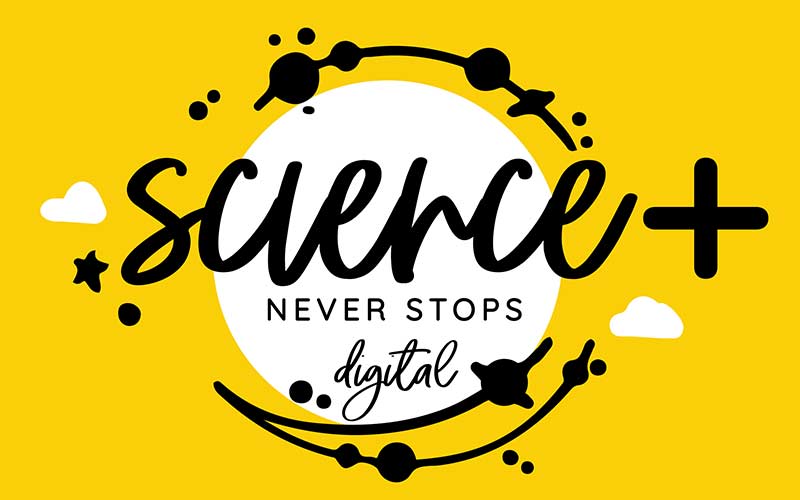
Science Never Stops + is a series of learning modules designed for teachers and families to explore farther and learn more about concepts like rockets, drones and satellites. These learning modules include step-by-step instructions for re-creating fun activities in your classroom or home and tie STEM concepts to STEM careers. Themes are correlated to key science concepts across grade levels. Bring your curiosity and explore with us!
Pick one or more of the selections below to explore our library of Science Never Stops videos or Science Never Stops + modules
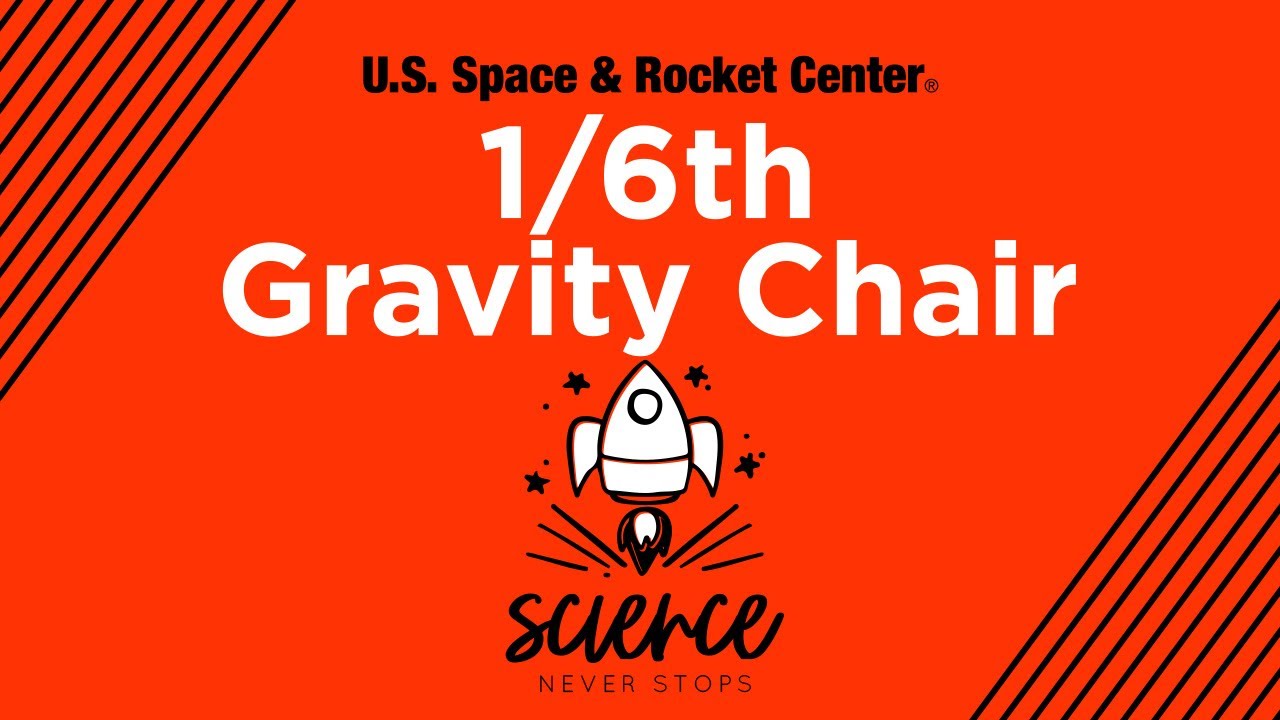 If you weigh 120 pounds on Earth, what would you weigh on the moon? The 1/6th gravity chair shows us what it's like to walk on the moon!
If you weigh 120 pounds on Earth, what would you weigh on the moon? The 1/6th gravity chair shows us what it's like to walk on the moon!
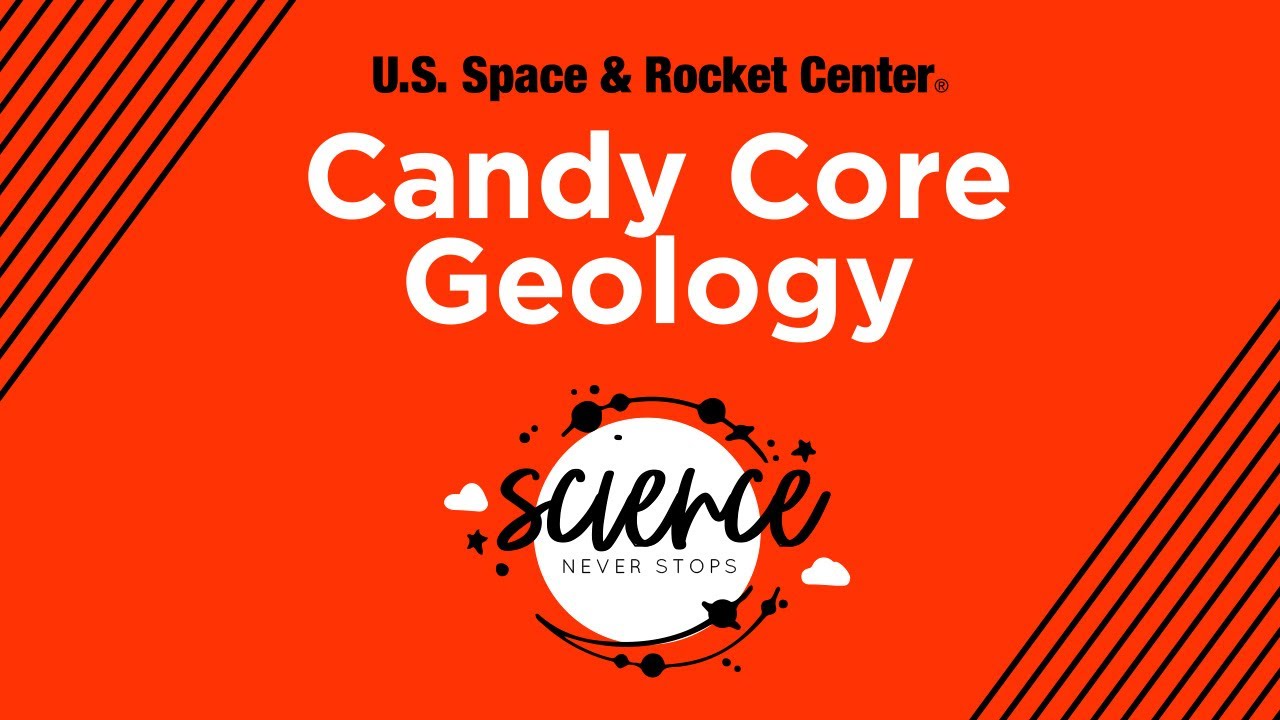 Discover how your can become geologists using candy in this fun science experiment.
Discover how your can become geologists using candy in this fun science experiment.
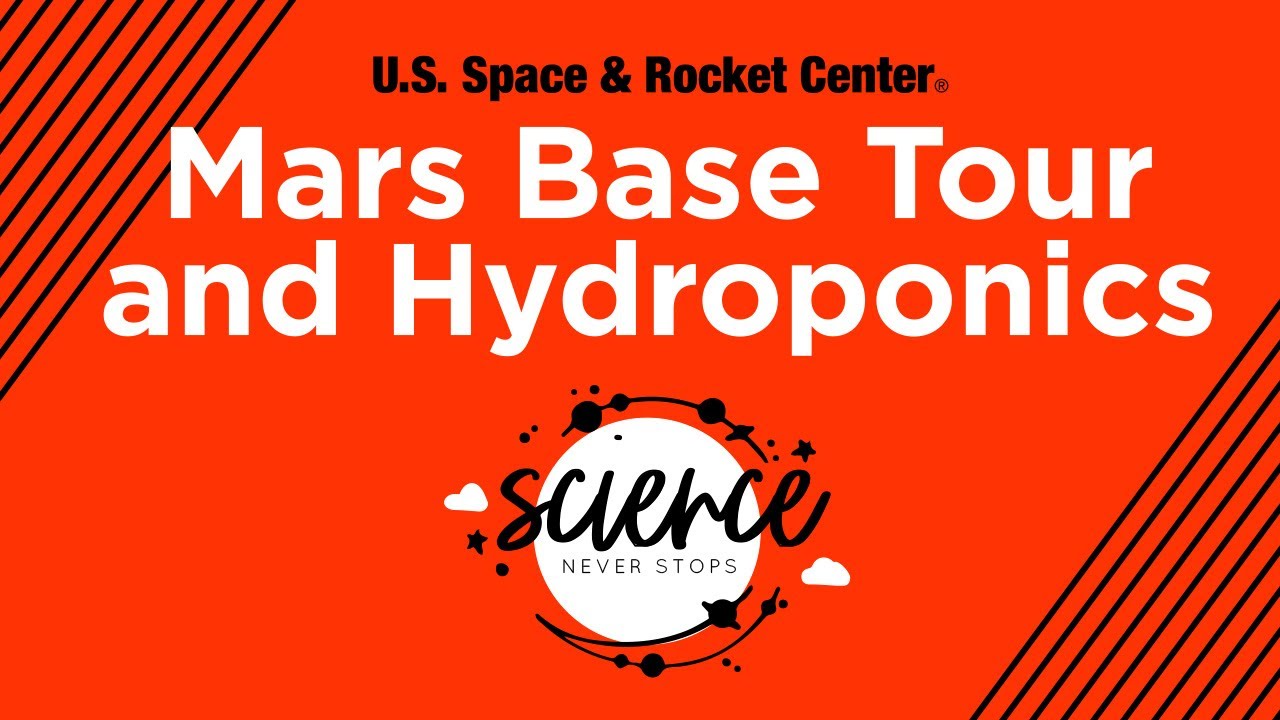 How will astronauts get food during long duration missions? How can food be grown in space? Explore hydroponic gardens!
How will astronauts get food during long duration missions? How can food be grown in space? Explore hydroponic gardens!
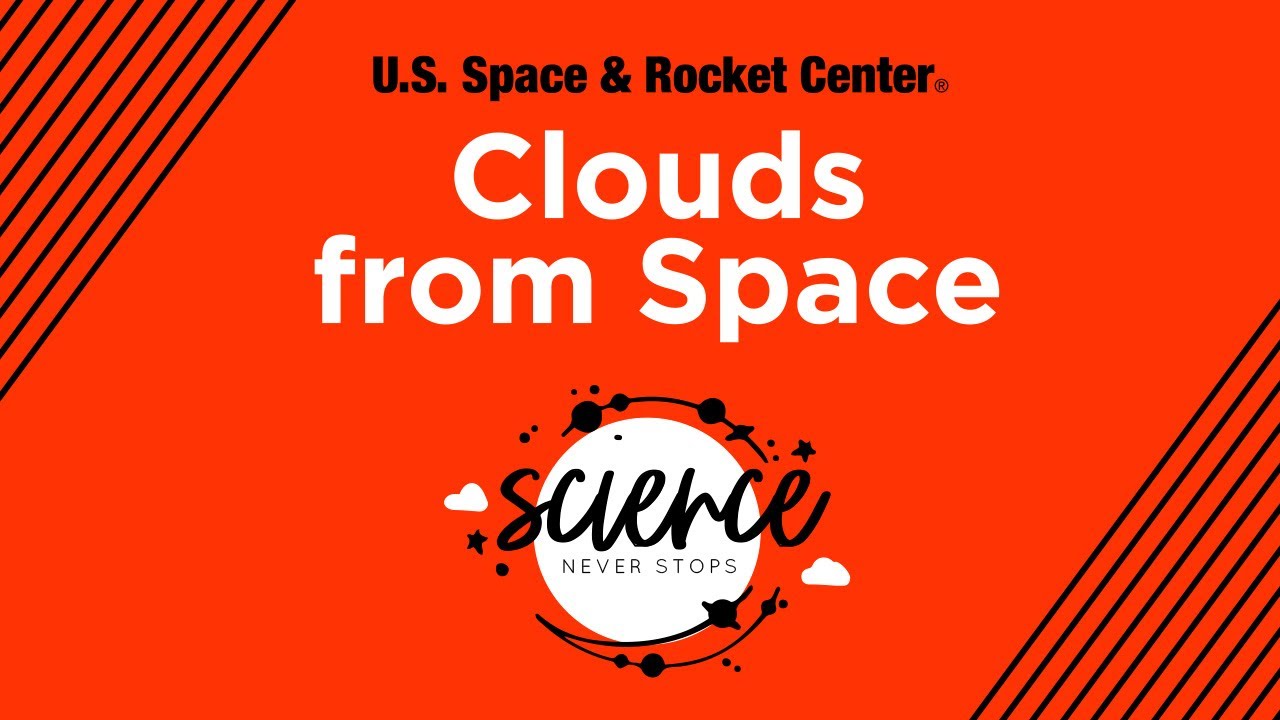 Discover how to identify different types of clouds, and learn about Sally Ride Earthkam!
Discover how to identify different types of clouds, and learn about Sally Ride Earthkam!
 Learn about air pressure with this cool can crushing science experiment. Get an adult to help you with this one.
Learn about air pressure with this cool can crushing science experiment. Get an adult to help you with this one.
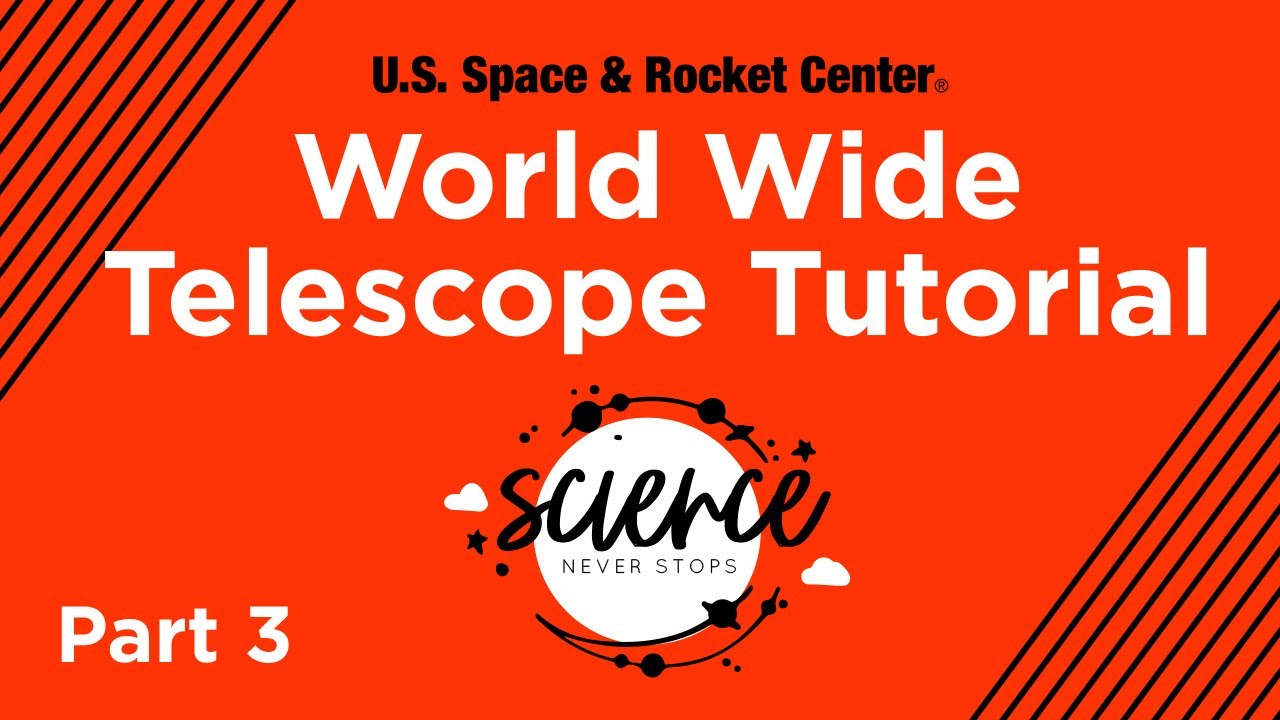 Part 3 of the Worldwide Telescope tutorial. Learn how to create videos exploring the universe using free software.
Part 3 of the Worldwide Telescope tutorial. Learn how to create videos exploring the universe using free software.
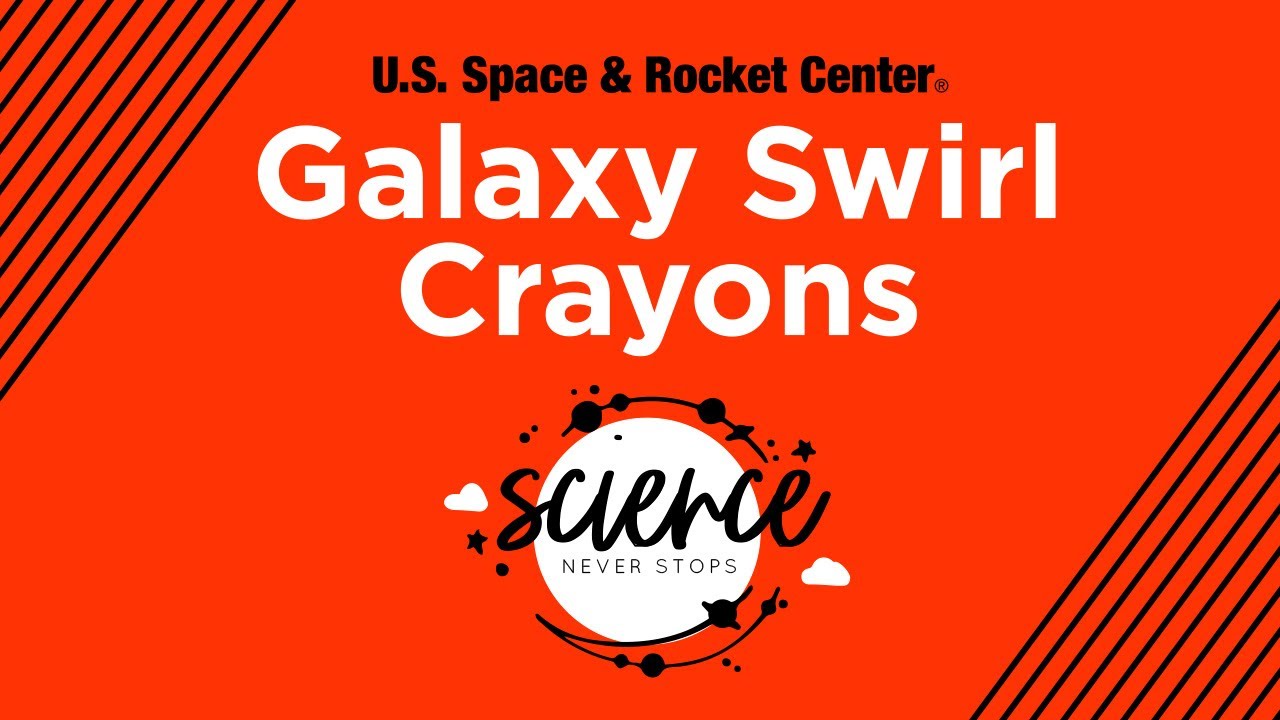 Learn how to make your own galaxy swirl crayons in this fun video! Get an adult to help!
Learn how to make your own galaxy swirl crayons in this fun video! Get an adult to help!


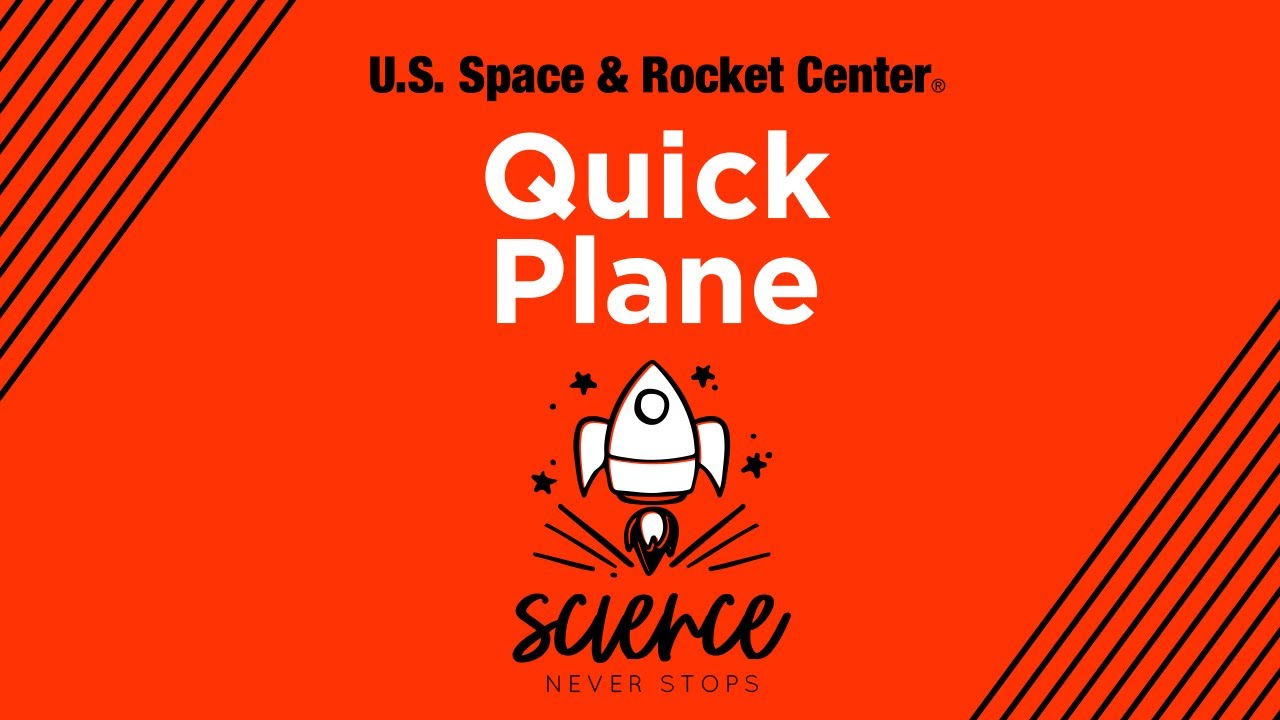 The first flying machine in Alabama was the Quick Plane.
The first flying machine in Alabama was the Quick Plane. What do we know about the planet Venus?
What do we know about the planet Venus?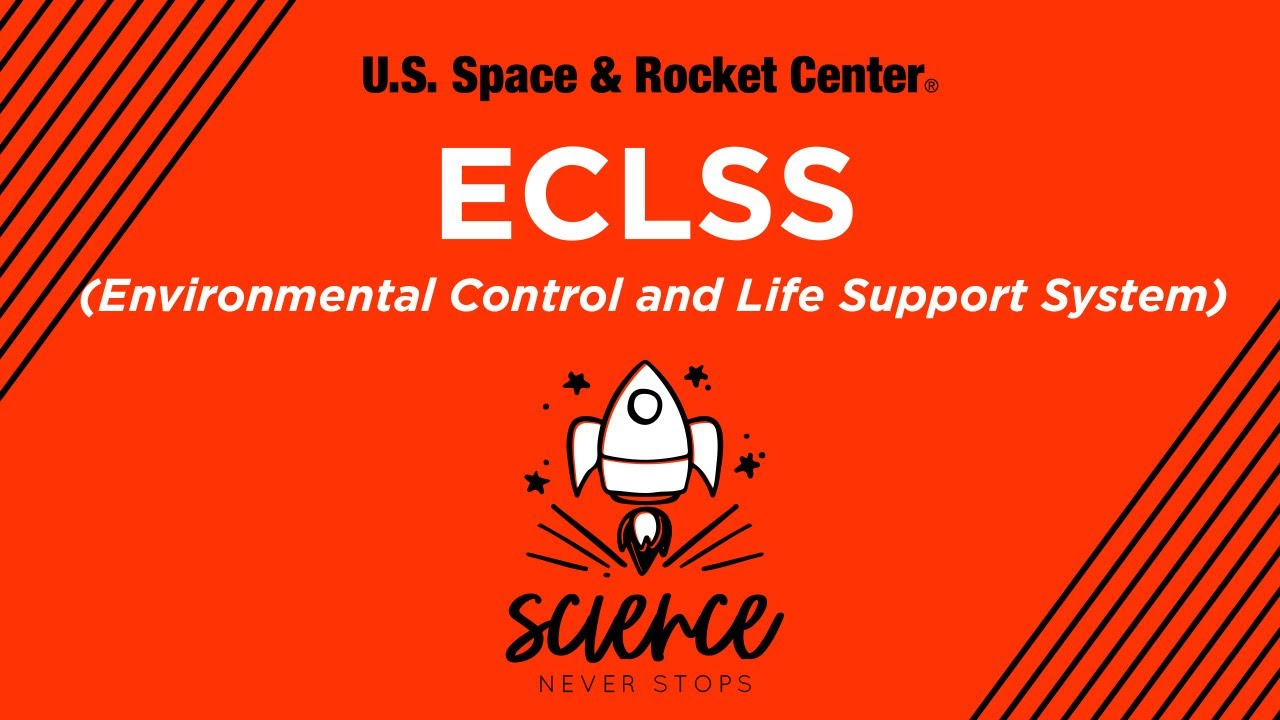 Learn how to make your own filters in this cool science experiment!
Learn how to make your own filters in this cool science experiment! How do craters form on Mercury? Learn about the planet closet to the sun!
How do craters form on Mercury? Learn about the planet closet to the sun!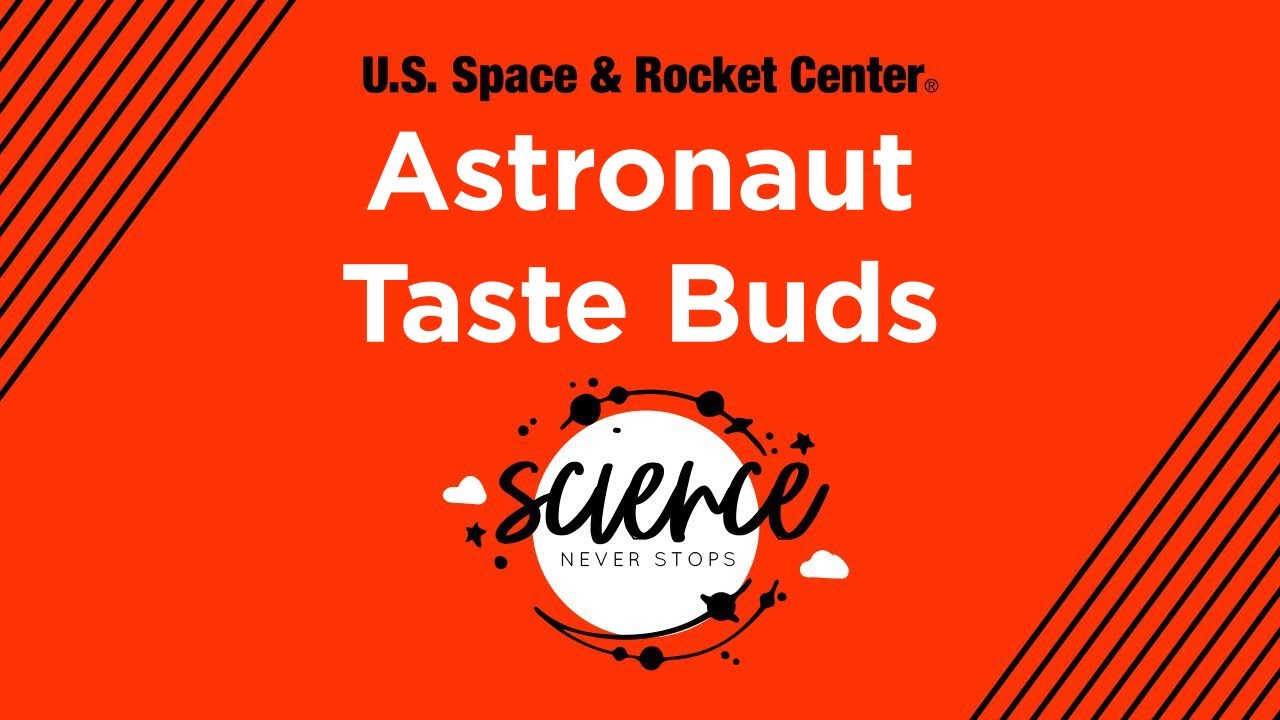 Discover the types of food that astronauts eat in space.
Discover the types of food that astronauts eat in space.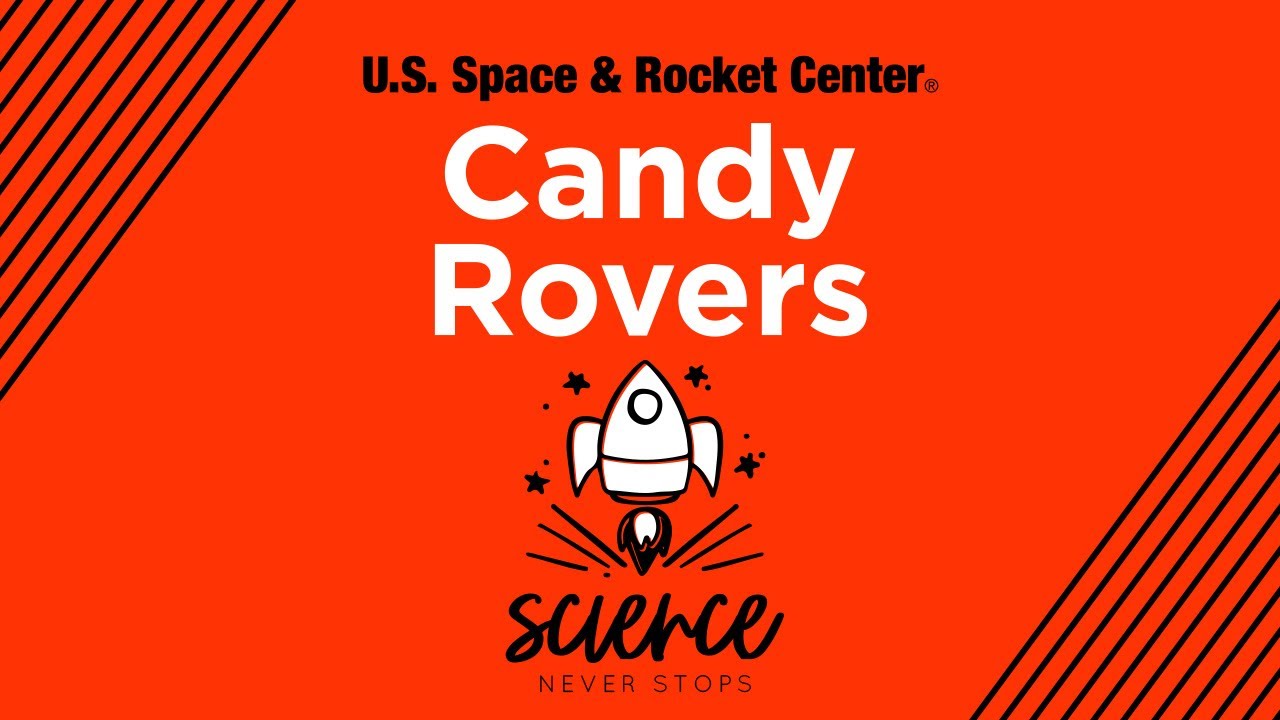 Make your own edible Mars rover
Make your own edible Mars rover Explore the International Space Station!
Explore the International Space Station!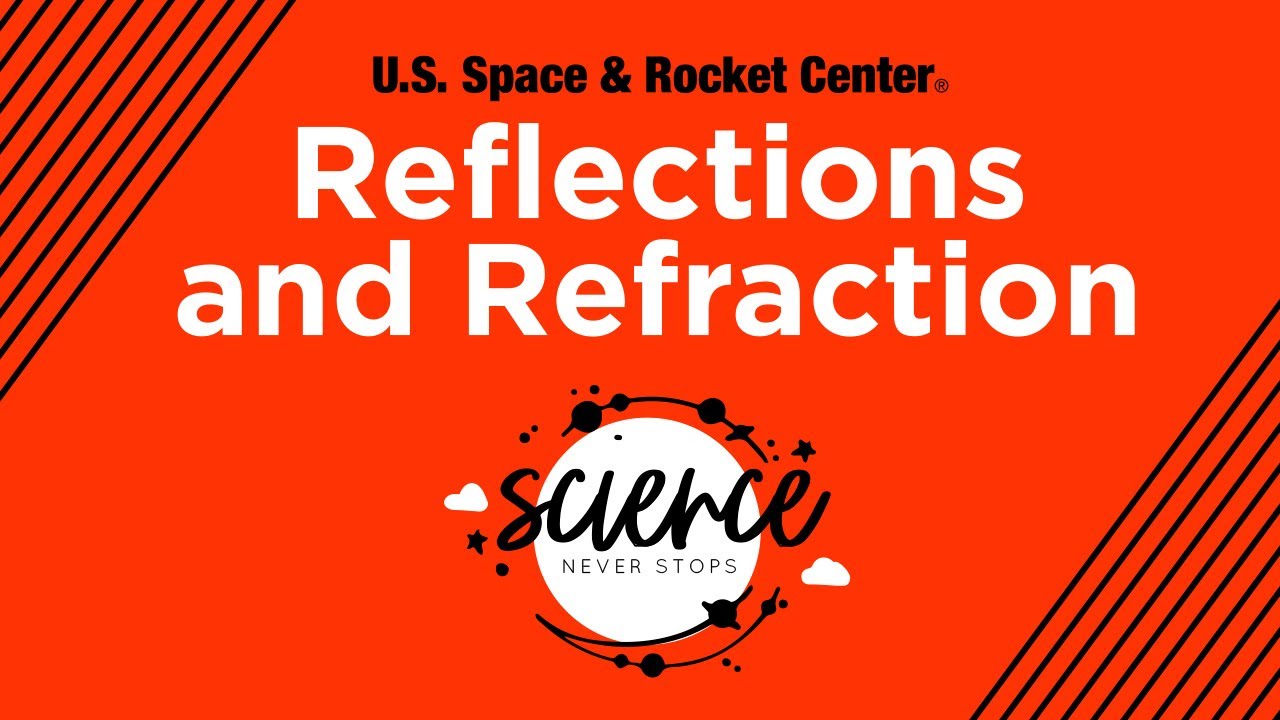 Learn how light works using a mirror.
Learn how light works using a mirror.